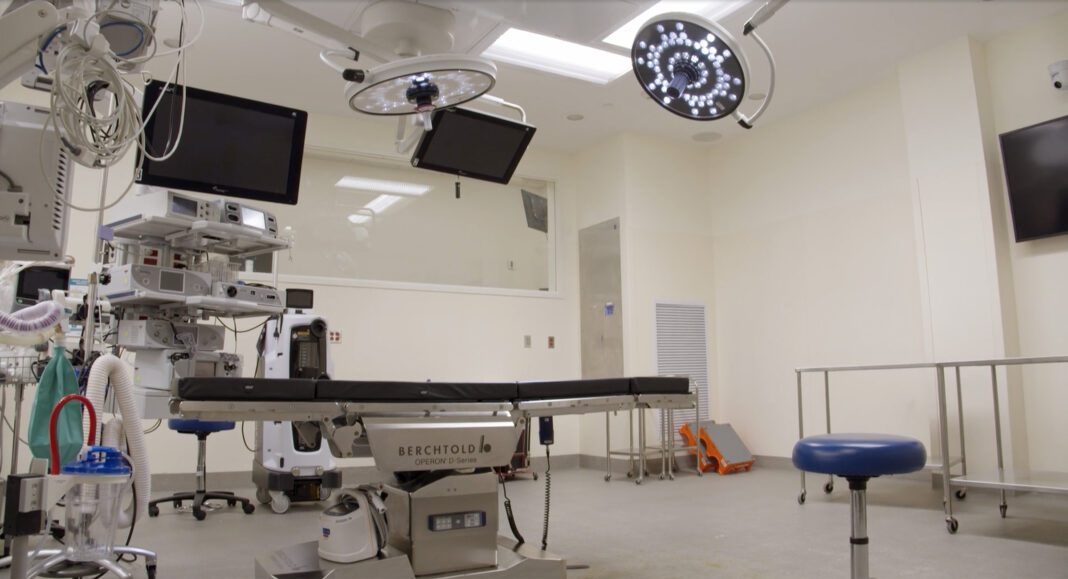Precision Air announced today the completion of its fourth SurgicAir® Zero O.R. Airflow System at TRIA Orthopedic Center Woodbury, a specialty orthopedic and urgent care facility in the Twin Cities metro area.
Precision Air advises this groundbreaking technology produces zero-particle air in operating rooms (O.R.s) and in health care settings, something that has never before been achieved. TRIA is currently testing it at their Woodbury location.
The SurgicAir® Zero System is a quantum leap in O.R. airflow quality – far exceeding today’s minimum standards. While numerous studies have proven airborne pathogens are a major source of contamination in the O.R., minimum codes for air quality have not kept up.
“TRIA’s investment in the SurgicAir® Zero System shows an innovative approach to infection control. The need for this Covid-capable technology is growing as health care leaders strive to protect patients and create a safe, comfortable experience for everyone in the room,” said Derek Weinschenk, Precision Air president.
This technology also enables TRIA to continue critical surgeries during the COVID-19 pandemic with fewer risks to surgical staff and patients. Testing data shows airborne contaminants from procedures like intubation or cauterization are more quickly controlled, leading to 75% less exposure for everyone in the room compared to basic ventilation systems.
Surgeons and health care leaders at TRIA who have implemented the system have shared their enthusiasm for the technology.
“Our SurgicAir® Zero System provides a comfortable, quiet O.R. environment. However, it is the peace of mind of having clean air in our surgical field that I find to be the largest benefit of this system,” said Dr. Gavin Pittman, orthopedic surgeon at TRIA Orthopedics.
“When we were planning for our TRIA Woodbury Surgery Center, we knew we wanted the latest technology for infection prevention. SurgicAir affords us additional protection for our patients with the cleanest air space above the operating table,” said Mary Haugen, director of TRIA’s ambulatory surgery centers.
In addition to the surgical suites at TRIA Woodbury, the SurgicAir® Zero Airflow System is currently operational at Presbyterian Hospital in New Mexico.



